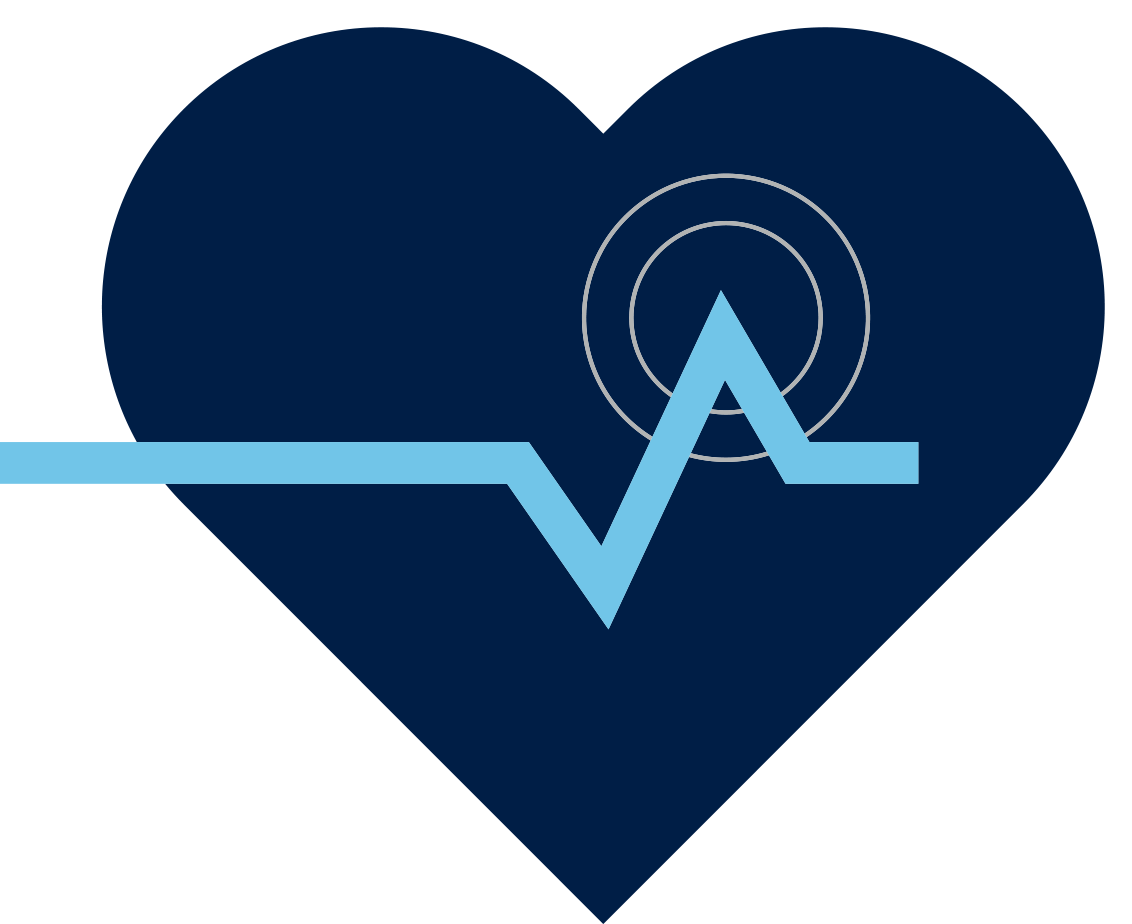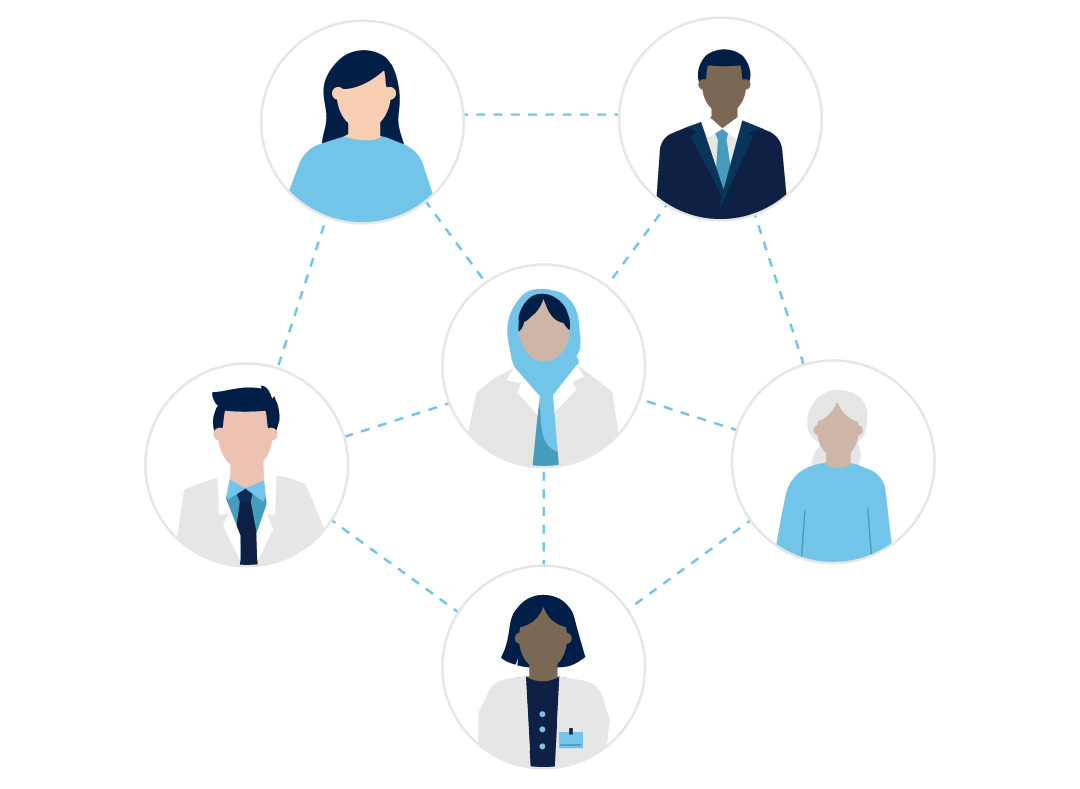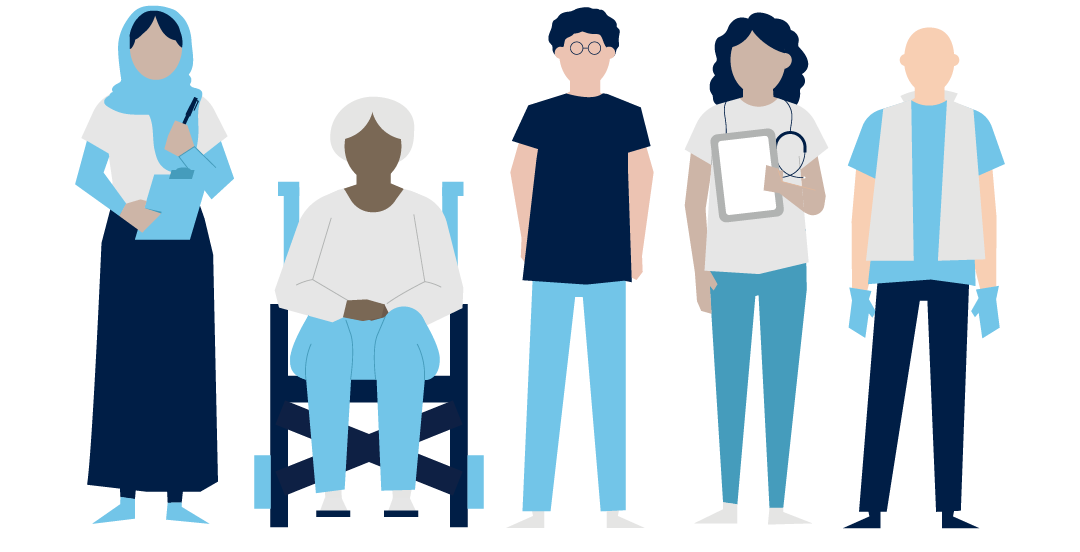
Stories
New technology allows doctors to monitor and record brain activity on a long-term basis for the first time
An innovative new medical device gives neurologists and patients the ability to monitor and record brain activity on an ongoing basis for the first time in Canada. The technology – Medtronic’s...
An innovative new medical device gives neurologists and patients the ability to monitor and record brain activity on an ongoing basis for the first time in Canada.
The technology – Medtronic’s Percept™ PC Deep Brain Stimulation system – was licenced for sale by Health Canada in October 2020. The first surgical procedure to implant the small device in a Canadian patient took place at a Toronto hospital this past November.
Neurologist Dr. Alfonso Fasano and neurosurgeon Dr. Suneil Kalia, who performed the procedure, commented that the state-of-the-art technology promises to be a gamechanger in the treatment of individuals with often debilitating neurological conditions, such as Parkinson’s disease, essential tremor, dystonia and epilepsy.
“Until now, we really haven’t had a good way to capture the patient’s condition when they are on their own,” says Dr. Fasano. “This is going to give use not just a snapshot of information about a patient but information for years to come.”
Deep Brain Stimulation (DBS) is an individualized therapy delivered from a small pacemaker-like device, placed under the skin of the chest or abdomen, to send electrical signals through very thin wires to a targeted area in the brain related to the symptoms of a neurological disorder, such as Parkinson’s disease. Percept is the first commercially available implantable neurostimulator able to record and store the day-to-day brain activity of patients implanted with electrodes for deep brain stimulation.
Better understanding brain activity over long periods of time while delivering therapy should ultimately allow doctors and medical teams to help patients better manage their symptoms and improve their well-being.
“It’s very exciting to me because we will now have access to the same information we do during surgery, after the surgery when patients are leading their normal day-to-day lives,” says Dr. Kalia. “We think the data will improve the therapy and the programming we make through deep brain stimulation in the chronic phases. These are all progressive diseases, so the brain state changes with time. This information will allow the team to make adjustments accordingly.”
Previously, neurologists in Canada have had to rely on only very limited bits of information to figure out how to help patients having problems with one of the most complex organs in the human body. They could only actively read brain signals during surgery or if the ends of surgically implanted electrical leads were temporarily left outside the body so they could be hooked up to monitoring equipment, which is not an ideal or long-term solution.
Physicians have had to depend largely on anecdotal evidence provided by patients about how they are feeling after their surgery. It’s not uncommon for neurology patients to keep detailed diaries and spreadsheets tracking their symptoms between medical appointments to help their doctors better understand any changes in their brain activity and to determine treatment options.
Percept will provide medical teams in-depth information they’ve never had access to previously, enabling them to see in real time what has been happening in the brains of patients for months or years at a time. They can now monitor patient brain signals and correlate them with patient-recorded actions or experiences, such as symptoms, side-effects or medication intake. Comprehensive scientific data will open the door to more personalized, information-driven neurostimulation treatment.
“When a patient is in the comfort of their own home as opposed to being in the hospital for surgery, we will be able to get very important information about their brain activity,” says Dr. Kalia. “We think the data will improve the therapy and the programming (of the neurostimulation) in the chronic phases.”
It’s not yet known precisely how many patients will be able to benefit from this new technology across Canada, but it has potential to help thousands of Canadians with neurologic disorders live better lives.
“From a patient perspective, it’s very important that the first time in neurology there is technology that can capture how the patient does chronically,” says Dr. Fasano.


